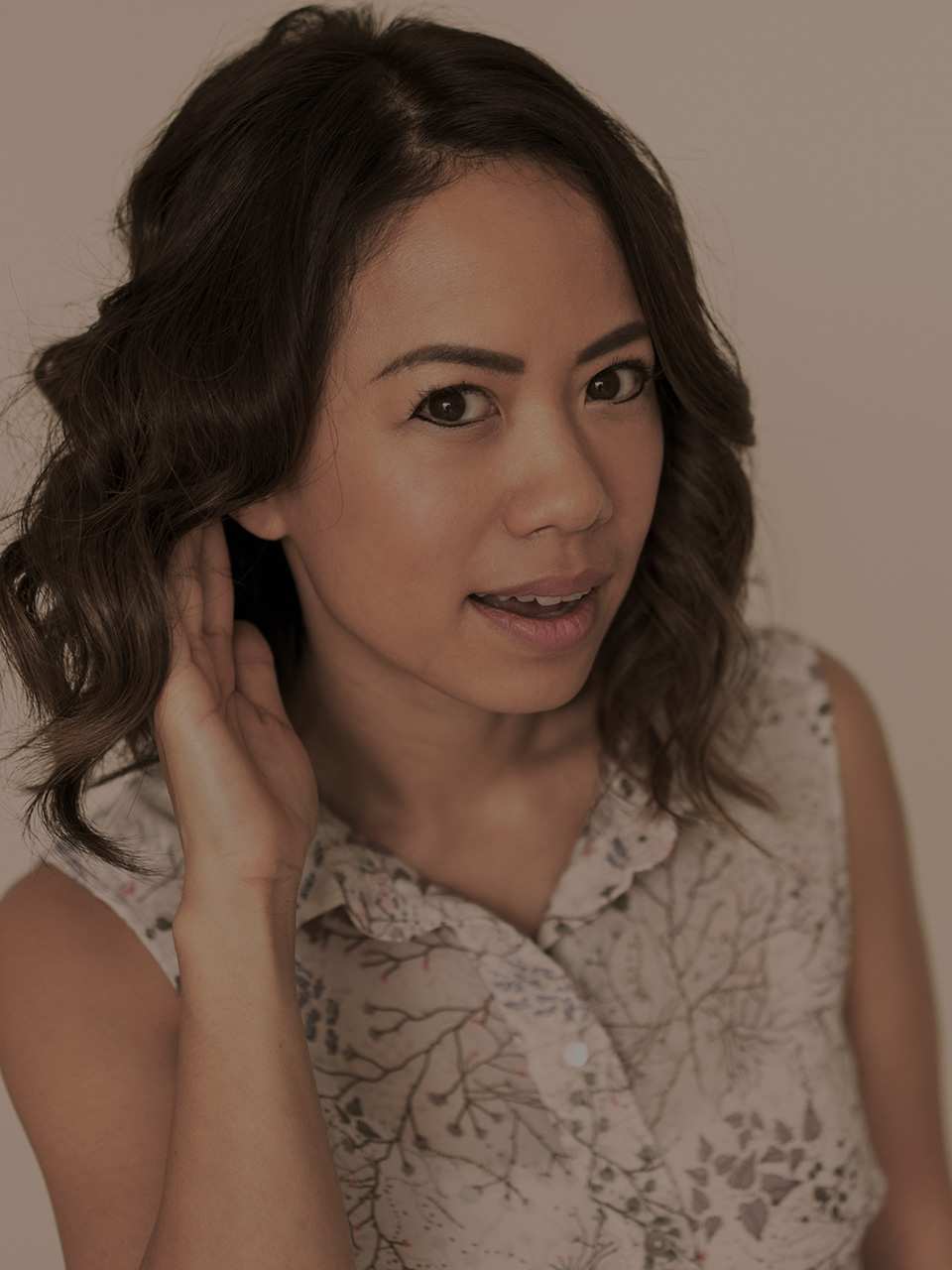
Tap to Read ➤
Pressure in Ears
Niharika Arya

If you notice fullness in ears, hearing problems and pain, then you may be experiencing ear pressure. In the following story we will discuss more about this ear problem.
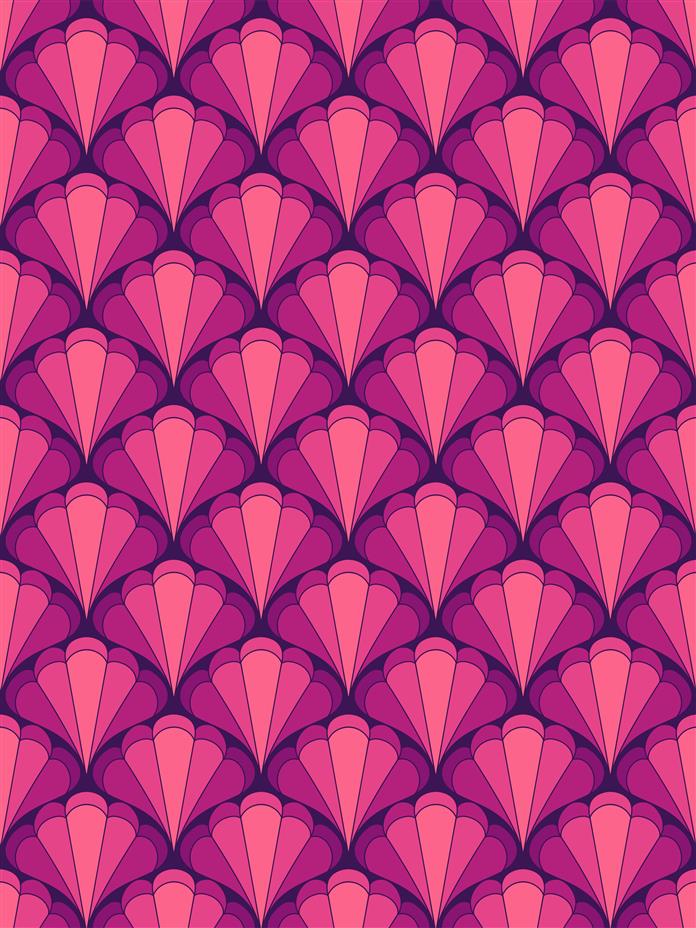
Ear is one of the main sensory organs of our body. There are different parts of the human ear which are divided into three major sections - outer ear, middle ear and inner ear. Eustachian tube connects the pharynx to the middle ear. This tube is responsible for maintaining pressure inside and outside the eardrum.
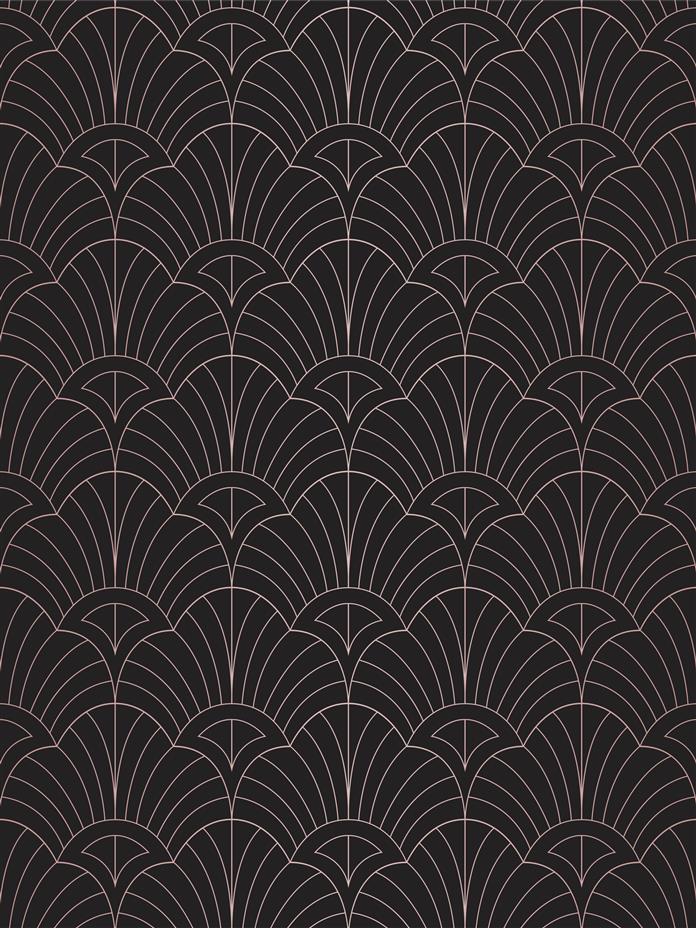
If the Eustachian tube is blocked then the equilibrium gets disturbed and there is an increase in ear pressure. In medical terminology, this condition is called ear barotrauma. This pressure in the ear can be quite painful and can also lead to hearing loss. So, here I am going to provide some information which will help you in understanding ear pressure properly.
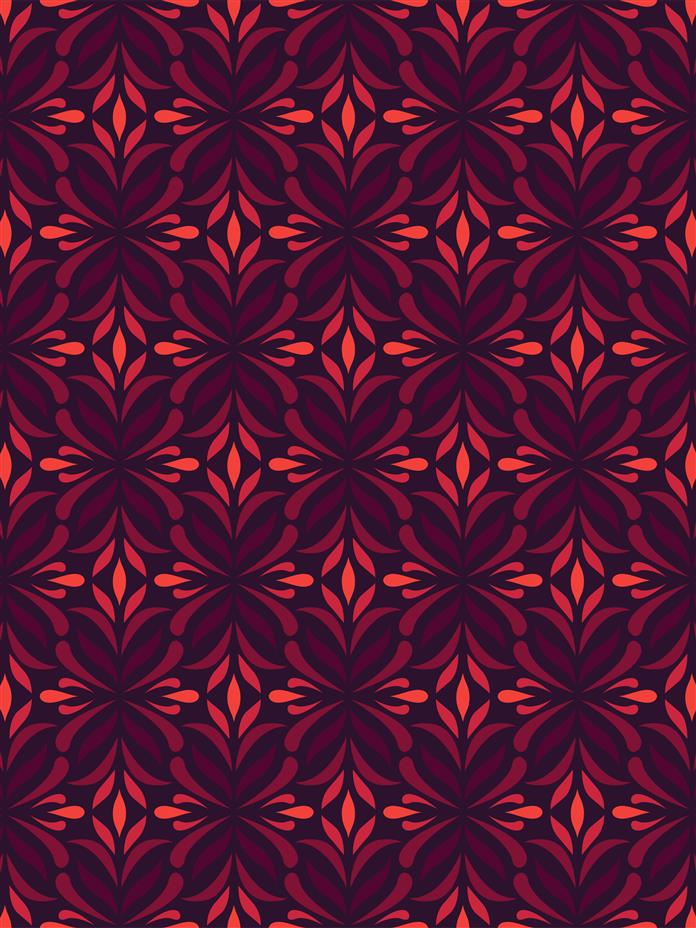
Causative Factors for Ear Pressure
Ear pressure can be triggered due to many reasons. These causes can even result in pain and pressure in the ears and head. In severe cases it may also result in partial or complete deafness.

Following are some of the ear pressure causes.
- Earwax: Earwax protects the ear from foreign bodies like bacteria and insects. But excess production of this wax may result in blockage and pressure in ears. When the wax is pushed inside the ear canal it starts paining and therefore earwax removal becomes necessary in order to avoid further complications.
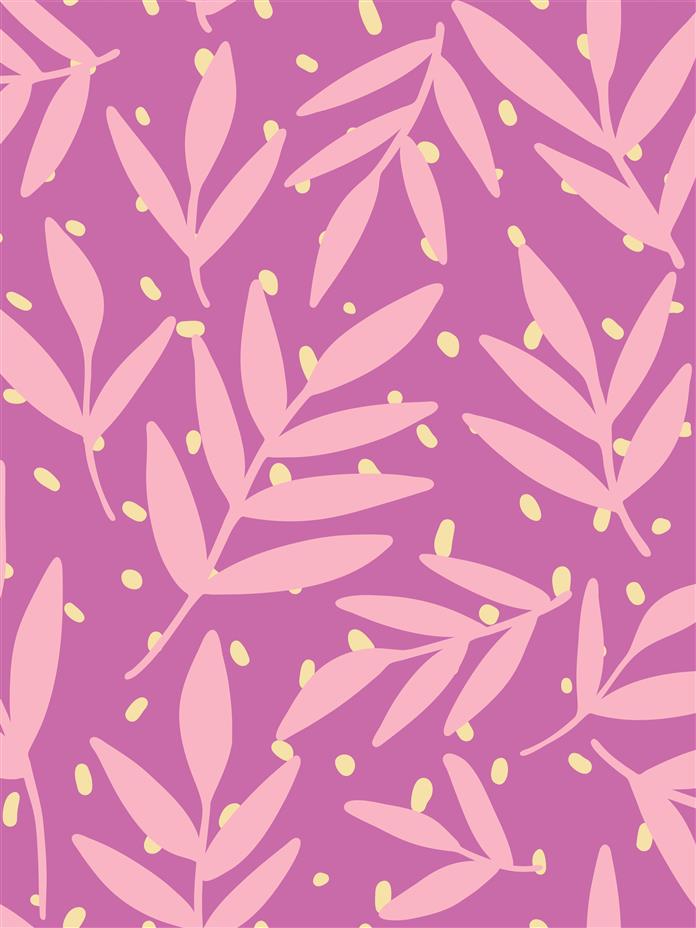
- Altitude problem or Ear Barotrauma: Usually when the ear pressure is changed inside or outside the ear, it can cause ear pressure problems. Ear barotrauma is also known as airplane ear as pressure is developed inside the ear when a person is inside a plane or at a high altitude.
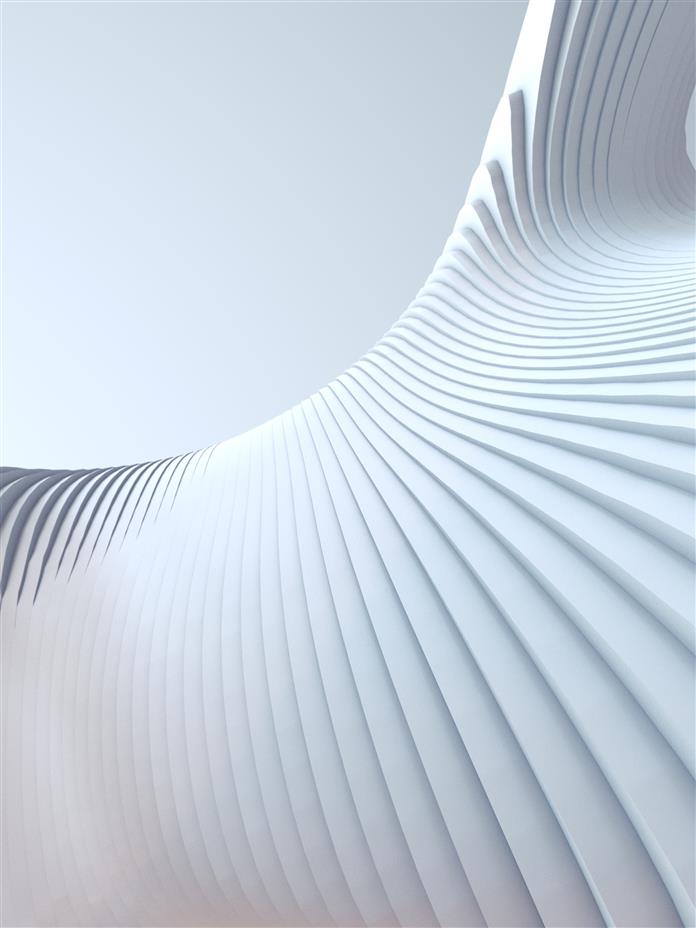
Eustachian tube is responsible for balancing the ear pressure. When there is a sudden change in the pressure the Eustachian tube is unable to function properly which results in pressure in the ear. Scuba diving can also cause this ear problem.
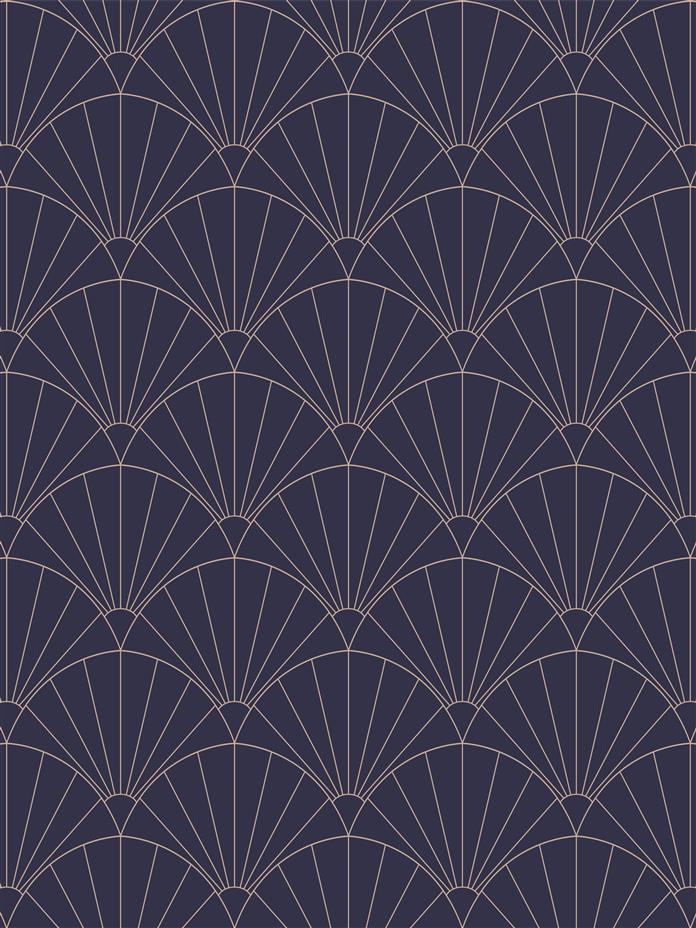
- Otitis Externa or Swimmer's Ear: This is a condition in which the earwax is removed or flushed out after swimming or after a shower. As the earwax is flushed out, bacteria and other microorganisms attack the ear resulting in ear pressure. This ear infection if not taken care in the initial stages can result in ear pain and even loss of hearing.
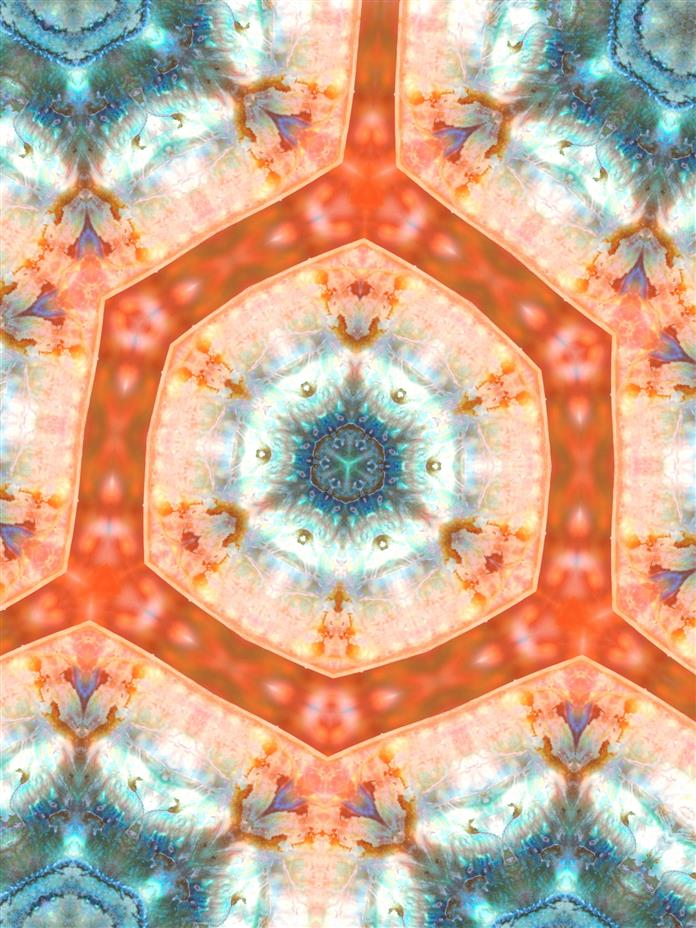
- Other Causes: Allergies and inflammation of the nasopharynx area can also be responsible for the buildup of pressure in the ear canal. Sinus infection can also cause pressure in neck and ears, which may in turn result in stiff neck.
Signs Indicating Ear Barotrauma
Pressure in ear can have the following symptoms.
- Acute or chronic pain in the ear due to ear pressure
- Muffled hearing
- Temporary hearing loss
- Cracking or popping sound in the ear
- Tinnitus or ringing sensation
- Feeling of fullness in the ear
Pressure in Ear Treatment
There are a lot of ear pressure relief methods which you can use at home. Following are some of them.
- Wet a towel in lukewarm water. Lie down on your side so that your affected ear is on top. Now keep the wet towel on top of the affected ear and relax. The heat will give you relief from pressure.
- Yawning can be very helpful in relieving ear pressure. It will equalize the ear pressure inside the ear with the outside pressure and this will result in releasing of the ear pressure.
- Chewing gum and hard candies are also quite helpful in reducing ear pressure.
- Blow your nose by keeping your finger in one of the nostrils and blowing the other one.
Apart from these home remedies there are a few medical treatments too which can be very helpful. Nasal spray can help in releasing pressure developed by sinus infection. Medication like decongestants, antibiotics, ear drops, steroids, etc. may also be prescribed. The earwax can be removed with the help of suction equipment and in severe cases surgery may be necessary.
So, now that you know about the causes, symptoms and treatments of pressure in ears, you may start with the treatment if you are feeling ear pressure. If the pressure is accompanied by pain then consult a doctor immediately to avoid complications.